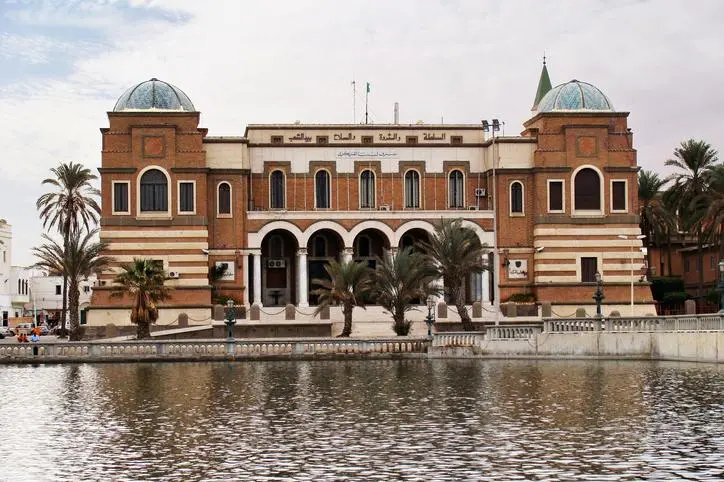PHOTO
LONDON - A blockade of major Libyan oil ports is damaging the economy and must be quickly resolved, the Tripoli-based central bank governor told Reuters on Friday, adding that Libya could run a budget deficit in 2020 as a result.
"Now oil represents 93-95% of total revenue and covers 70% of total spending. This is a bullet in the head, that will hurt Libya and the Libyan people," Sadiq al-Kabir said in an interview in London. "We really hope the crisis is resolved as fast as possible because it hurts everyone."
Libya's internationally recognised prime minister Fayez al-Serraj has warned of catastrophe if the week-long blockade by eastern-based commander Khalifa Haftar's forces, which has cut oil output to almost zero, is not lifted.
Previously, oil production was 1.2 million barrels a day.
Kabir said the central bank had not yet agreed on a budget for 2020 with the internationally recognised government, which had proposed a budget deficit of 17.5 billion ($12.5 billion) dinars.
"We rejected that and asked them to trim spending," he said, adding that a deficit was still possible due to the oil blockade.
In 2019, the Tripoli government had planned to stop posting deficits but was then faced with a campaign of Haftar's forces, requiring to pay for arms and logistical support of its forces.
Officials did not say whether a deficit was posted last year.
Kabir said authorities had made 23.8 billion dinars in 2019 in fees on hard currency sales which were introduced in 2018 as part of economic reforms. In 2018, fees worth 13.2 billion dinars were collected, he said.
Kabir has been challenged by eastern officials, which have set up their own government and central bank branch selling bonds outside the official financial system to raise funds.
The national debt, exclusively in local currency, was now 50 billion dinars, Kabir said.
Eastern officials complain they do not benefit from oil revenues, accusations rejected by Tripoli officials as the Tripoli-based central bank funds some public salaries and fuel supplies to the east.
Kabir declined to give a figure for foreign reserves but said they had risen slightly in the last two years, when oil production was more stable than in the aftermath of the 2011 revolution.
Since the fall of dictator Muammar Gaddafi’s regime in the 2011 NATO-backed uprising, oil-rich Libya has slid into chaos and has had no proper budget as rival administrations vie for power.
(Reporting by Ahmed Ghaddar; Writing by Ulf Laessing; Editing by Catherine Evans and Jonathan Oatis) ((Alaa.Swilam@thomsonreuters.com;))





















